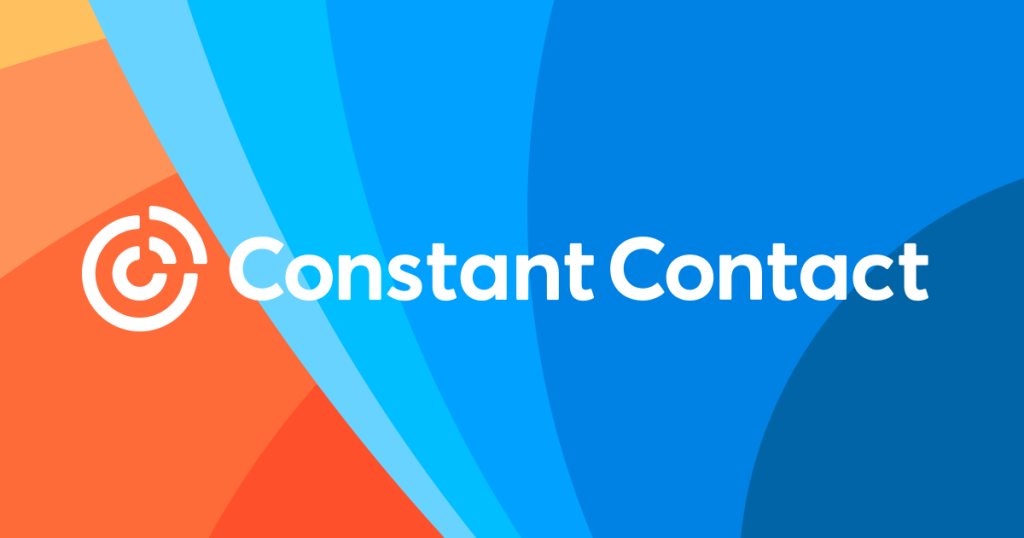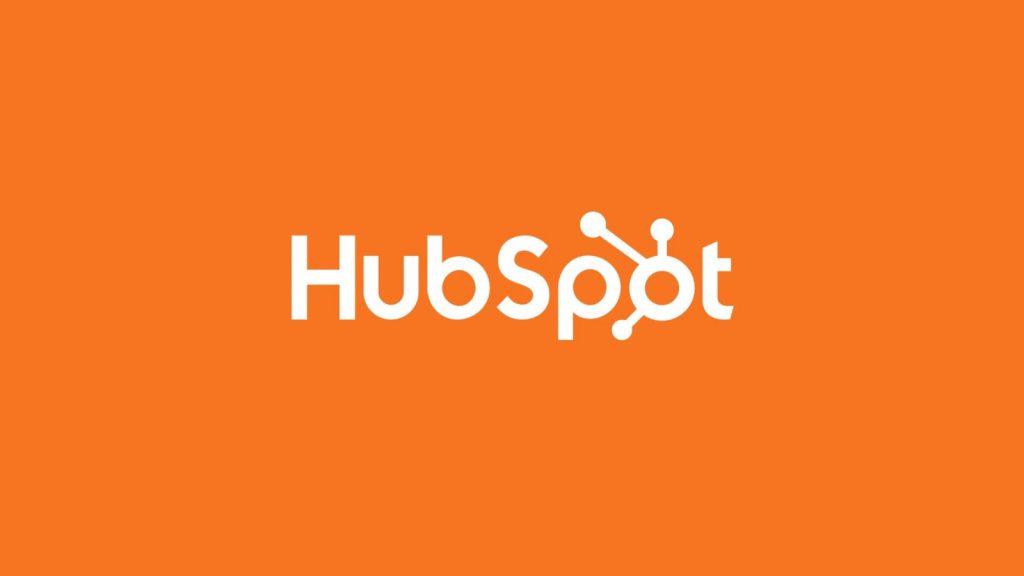26 May

Email marketing has become a crucial part of modern digital marketing strategies. It allows businesses to reach out to their customers and prospects directly, build relationships, and promote their brand. With the rise of email marketing, the market is flooded with various email marketing software options. However, choosing the right software for your business can be a daunting task, especially when you consider the cost. In this blog post, we’ll discuss the top ten email marketing software options and what you can expect in terms of pricing and features.
Campaign Monitor:
Pricing:
Paid plans starting from $9/month.
Features:
Email marketing software
Automation
Basic analytics
Drag-and-drop email builder
Mobile-responsive templates
Custom branding options
A/B testing
Segmentation and personalization
Integrations with other marketing and sales tools
Pros:
User-friendly drag-and-drop email builder
Mobile-responsive templates
Advanced segmentation and personalization options
Affordable pricing compared to other similar email marketing software
Cons:
Limited automation options compared to other email marketing software
Limited integrations compared to other email marketing software
Basic analytics compared to other email marketing software with more advanced reporting features.
ActiveCampaign:
Pricing:
Paid plans starting from $9/month.
Features:
Email marketing software
Automation
Sales CRM
E-commerce integrations
Landing pages
SMS marketing
Chatbots
Marketing automation
Event management
Pros:
Intuitive drag-and-drop automation builder
Offers a wide range of integrations with popular e-commerce platforms
Strong CRM capabilities for sales teams
Offers SMS marketing and chatbot features
Affordable pricing compared to some other all-in-one marketing platforms
Cons:
Steep learning curve for some users
Limited reporting and analytics compared to other platforms
Some users have reported technical difficulties with automations and integrations
Customer support can be slow to respond at times.
Mailchimp:
Pricing:
Paid plans starting from $9.99/month.
Features:
Email Marketing software: Design, send and track email campaigns to your subscribers
Automation: Set up automated email campaigns based on subscriber behavior or specific triggers
Landing Pages: Build and publish landing pages to promote products or events
Sign-Up Forms: Create custom sign-up forms to grow your email list
Basic Analytics: Monitor the performance of your email campaigns and landing pages
Pros:
User-friendly interface: Mailchimp has a straightforward and intuitive interface, making it easy for anyone to use.
Free plan: The free plan allows you to send up to 12,000 emails per month to up to 2,000 subscribers, making it a great option for small businesses and individuals starting out with email marketing.
Integrations: Mailchimp integrates with a variety of third-party apps and services, including popular e-commerce platforms like Shopify and WooCommerce.
Email Templates: Mailchimp offers a range of email templates to choose from, making it easy to create visually appealing emails without needing design skills.
Cons:
Limited automation options: The automation capabilities of the free plan are limited, and more advanced automation features are only available on paid plans.
Reporting limitations: The basic analytics provided by Mailchimp can be limited, and more advanced reporting features are only available on paid plans.
No phone support: Phone support is not available for free users, and is only available for paid users during limited hours.
Price: While Mailchimp is relatively affordable compared to some other email marketing software, the cost can still add up for businesses that need more advanced features and higher send limits.

GetResponse:
Pricing:
Paid plans starting from $15/month.
Features:
Email marketing software
Automation
Landing pages
Webinars
Basic analytics
E-commerce integrations
Marketing automation
List management
A/B testing
Social media integration
Pros:
User-friendly interface for designing and sending emails.
Strong automation capabilities for creating personalized campaigns.
Offers webinars for engaging with prospects and customers.
Good landing page builder for creating high-converting pages.
Integrates with e-commerce platforms for easy sales tracking.
Cons:
Limited customization options for email templates compared to some other email marketing platforms.
Some users have reported issues with deliverability and emails going to spam.
The automation builder can be complex and may require a learning curve for new users.
Some features, such as A/B testing, are only available on higher-priced plans.
Aweber:
Pricing:
Paid plans starting from $19/month.
Features:
Email Marketing software: Creating and sending newsletters, promotional emails, and transactional emails to your subscribers.
Automation: Automating your email campaigns based on subscriber behavior, such as sign-up date, specific actions, etc.
Sign-up Forms: Creating and embedding customizable forms on your website to capture new subscribers.
Basic Analytics: Tracking the performance of your email campaigns with metrics such as open rates, click-through rates, and subscriber growth.
Pros:
User-friendly interface and drag-and-drop email builder
Affordable pricing for the features offered
Strong deliverability and inbox placement
Extensive knowledge base and support resources
Cons:
Limited automation options compared to other email marketing software
Limited integrations with other tools and platforms
Lacks advanced analytics and reporting compared to more expensive alternatives
Limited e-commerce features for online businesses.

Drip:
Pricing:
Paid plans starting from $19/month.
Features:
Email marketing software: Create and send personalized emails to your subscribers based on their behavior and preferences.
Automation: Set up automated workflows to send targeted emails, SMS messages, and push notifications.
E-commerce: Integrate with popular e-commerce platforms to automate abandoned cart recovery, personalized product recommendations, and other campaigns.
Lead scoring: Score and prioritize leads based on their engagement and activity to focus your sales efforts.
Personalization: Use data from your e-commerce store, website, and other sources to personalize emails, SMS messages, and push notifications.
Pros:
User-friendly interface: Drip has a user-friendly interface that makes it easy to set up and manage campaigns.
Advanced automation: Drip offers powerful automation capabilities for e-commerce businesses, including abandoned cart recovery and personalized product recommendations.
Integrations: Drip integrates with a wide range of popular e-commerce platforms, allowing you to use your existing data to personalize campaigns.
Lead scoring: Drip’s lead scoring feature helps you prioritize your sales efforts by scoring and categorizing leads based on their engagement and activity.
Cons:
Price: Drip’s pricing can be more expensive than other email marketing software, especially for larger businesses with a large number of subscribers.
Complexity: While Drip is user-friendly, its advanced automation capabilities may be too complex for some users, especially those without a technical background.
Limited reporting: Drip’s reporting capabilities are limited compared to some other email marketing software, which may not meet the needs of businesses with complex reporting requirements.
Klaviyo:
Pricing:
Paid plans starting from $20/month.
Features:
Email marketing and automation
Advanced analytics and reporting
SMS and Facebook Messenger marketing
Personalization and segmentation
E-commerce integration
A/B testing
Pros:
Strong e-commerce focus, with features specifically designed for online businesses
Advanced analytics and reporting, including detailed customer behavior tracking
Good email deliverability rates
Wide range of integrations with popular e-commerce platforms, such as Shopify and Magento
Cons:
Pricing can be expensive for smaller businesses or those with a limited budget
Limited design options for email templates compared to other email marketing platforms
Steep learning curve for some of the more advanced features, such as segmentation and personalization
No free plan, with paid plans starting at $20/month.

Constant Contact:
Pricing:
Paid plans starting from $20/month.
Features:
Email marketing: Allows for creation and sending of email campaigns.
Automation: Includes automations for welcome emails, abandoned cart reminders, and more.
Event promotion: Allows for the creation and promotion of events through email campaigns.
Online surveys: Includes tools for creating and analyzing surveys.
List management: Offers tools for managing and organizing email lists.
Templates: Includes a variety of email templates to choose from.
Reporting and analytics: Provides basic reporting and analytics on email campaign performance.
Pros:
User-friendly interface: The platform is designed with a user-friendly interface, making it easy to use for beginners.
All-in-one solution: Constant Contact offers a range of features, making it an all-in-one solution for small businesses.
Customizable templates: The email templates are customizable, allowing users to personalize their campaigns.
Good customer support: Constant Contact has a good reputation for providing excellent customer support.
Cons:
Limited automation options: While Constant Contact does offer some automation options, it is limited compared to other email marketing platforms.
Higher pricing: Constant Contact has higher pricing compared to some other email marketing platforms, which may not be feasible for small businesses.
Limited reporting and analytics: The reporting and analytics offered by Constant Contact are basic, and may not be suitable for businesses that require more advanced reporting.
ConvertKit:
Pricing:
Plans starting from $29/month.
Features:
Email marketing automation software
Landing pages
Forms and opt-in incentives
Subscriber tagging and segmentation
Visual automation workflow builder
Built-in analytics and reporting
Pros:
Focuses on serving the needs of bloggers and content creators
Easy to use visual automation builder
Good deliverability and inbox placement
Offers a variety of opt-in incentives and landing page templates
Advanced subscriber management and segmentation
Cons:
Limited integrations compared to some other email marketing platforms
Limited marketing automation features compared to some other platforms
No free plan, starting at $29/month for basic plan
No phone support for lower tier plans
Lacks some advanced analytics and reporting compared to some other platforms

Hubspot:
Pricing:
Paid plans starting from $50/month.
Features:
Email Marketing software: Create and send targeted, personalized emails to your audience.
Marketing Automation: Automate repetitive tasks and create sophisticated workflows to improve the customer experience.
Sales Tools: Manage your sales pipeline, track deals, and create quotes and proposals.
Service Tools: Manage customer support requests and interactions in one place.
CRM: Store and manage customer data in a centralized database.
Website and Landing Pages: Build custom websites and landing pages with drag-and-drop tools.
Social Media Management: Schedule and publish social media posts across multiple platforms.
Reporting and Analytics: Get actionable insights into the performance of your marketing, sales, and service efforts.
Pros:
All-in-one platform: Hubspot offers a wide range of tools and features, making it a one-stop-shop for marketing, sales, and customer service teams.
User-friendly interface: The platform is easy to use, with a user-friendly interface and drag-and-drop tools.
Customizable: The platform offers a high degree of customization, so you can tailor it to meet the specific needs of your business.
Inbound marketing focus: Hubspot’s inbound marketing philosophy and tools are designed to attract and engage customers in a non-interruptive way.
Cons:
Price: Hubspot can be expensive, especially for small businesses or those just starting out.
Steep learning curve: Some users may find the platform complex and challenging to learn, especially if they have limited marketing and tech experience.
Limited integrations: Hubspot has a limited number of third-party integrations compared to other marketing platforms.
In conclusion, the pricing of email marketing software varies greatly, with some starting as low as $9 per month and others reaching up to $50 per month. It is important to consider your needs and budget when choosing an email marketing software, as well as the features you need for your business. Whether you’re just starting out or looking to upgrade, there is an email marketing software option out there for everyone.



